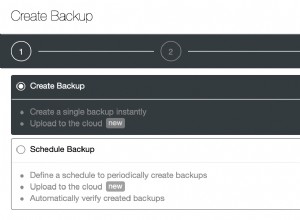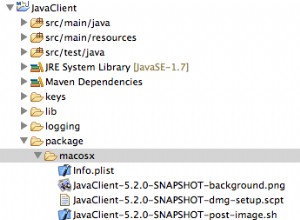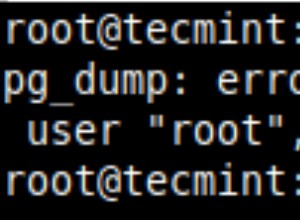Nessun eval è obbligatorio. Il tuo problema è che non stai decodificando il valore come oggetto json.
CREATE OR REPLACE FUNCTION json_update(data json, key text, value json)
RETURNS json AS
$BODY$
from json import loads, dumps
if key is None: return data
js = loads(data)
# you must decode 'value' with loads too:
js[key] = loads(value)
return dumps(js)
$BODY$
LANGUAGE plpythonu VOLATILE;
postgres=# SELECT json_update('{"a":1}', 'a', '{"innerkey":"innervalue"}');
json_update
-----------------------------------
{"a": {"innerkey": "innervalue"}}
(1 row)
Non solo, ma usando eval per decodificare json è pericoloso e inaffidabile. Non è affidabile perché json non è Python, capita solo di valutare un po' come se la maggior parte delle volte. Non è sicuro perché non sai mai cosa potresti valutare. In questo caso sei ampiamente protetto dal parser json di PostgreSQL:
postgres=# SELECT json_update(
postgres(# '{"a":1}',
postgres(# 'a',
postgres(# '__import__(''shutil'').rmtree(''/glad_this_is_not_just_root'')'
postgres(# );
ERROR: invalid input syntax for type json
LINE 4: '__import__(''shutil'').rmtree(''/glad_this_is_not_...
^
DETAIL: Token "__import__" is invalid.
CONTEXT: JSON data, line 1: __import__...
... ma non sarò affatto sorpreso se qualcuno riesce a inserire un eval sfruttare oltre. Quindi la lezione qui:non usare eval .




